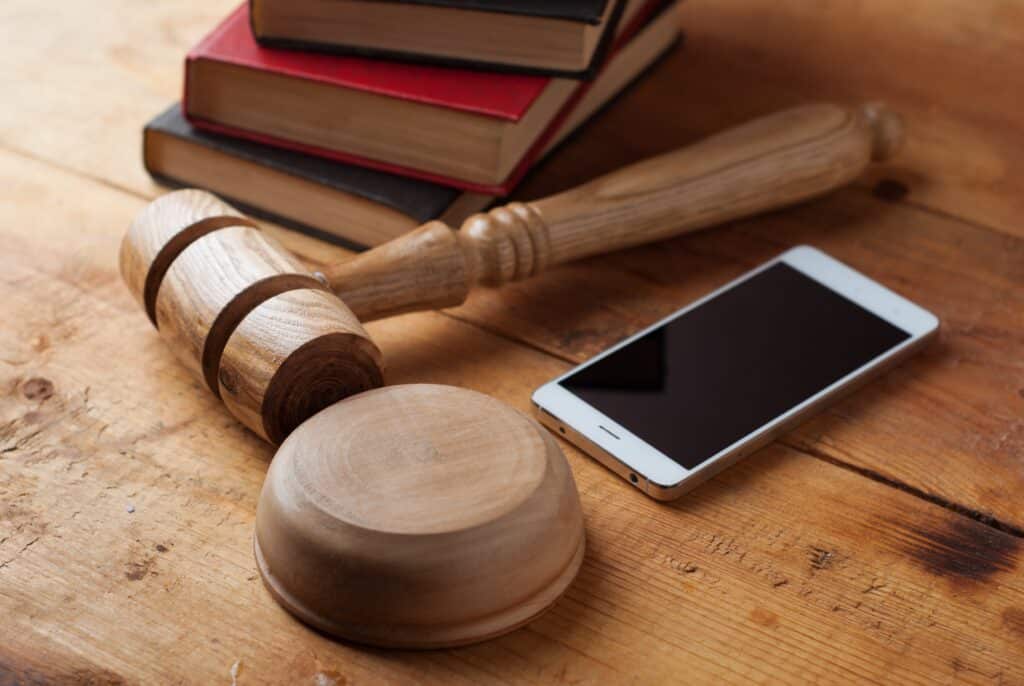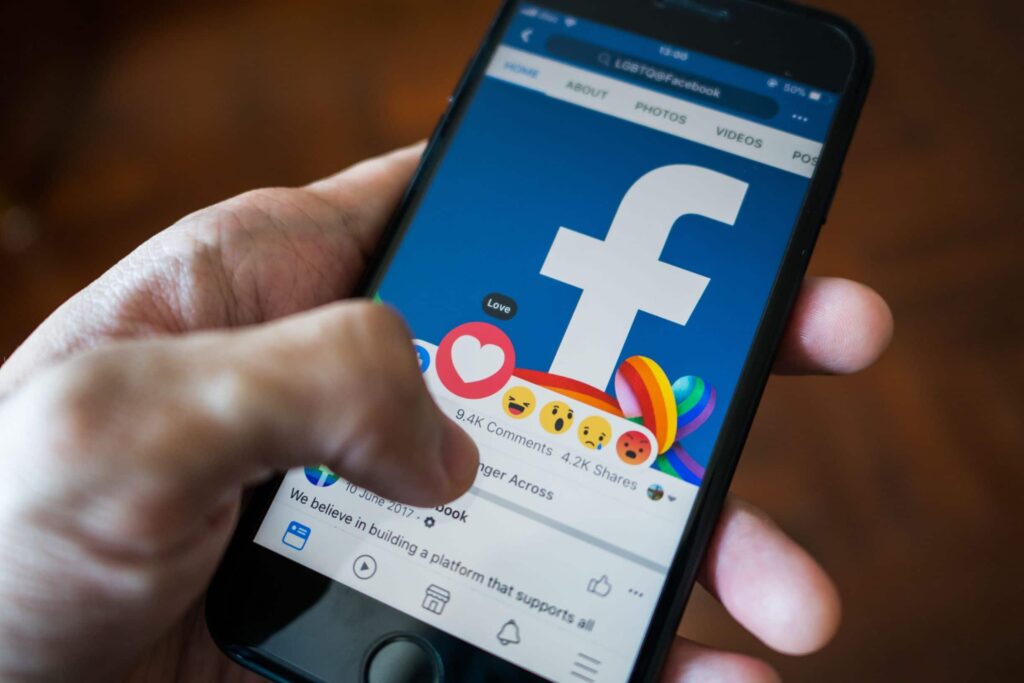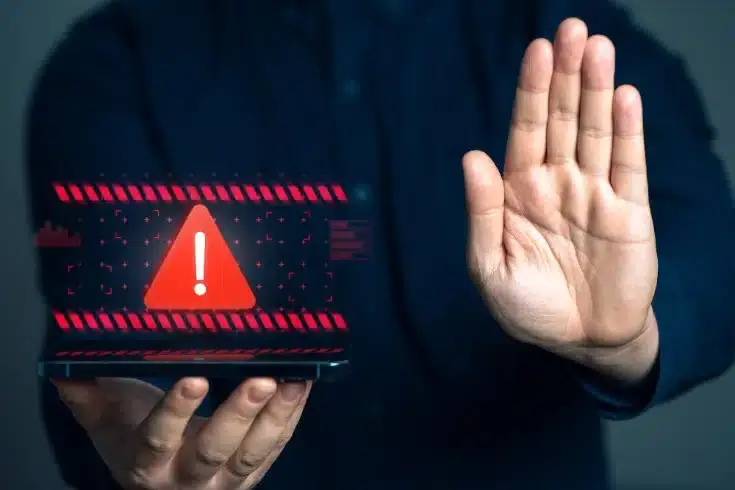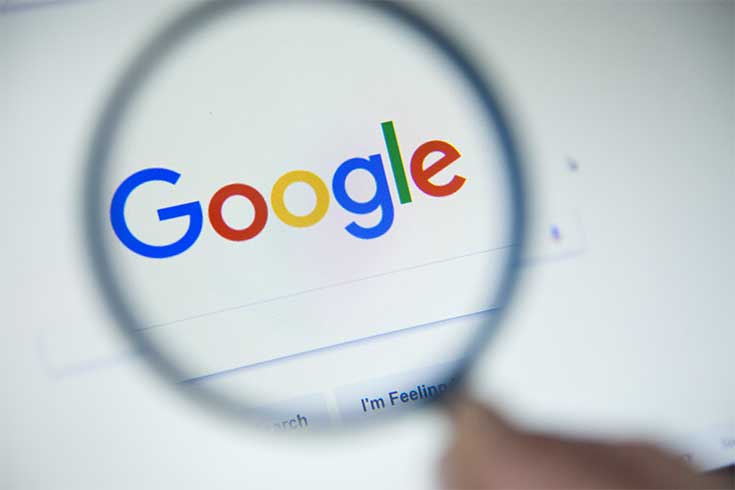How Much is the Compensation for Privacy Invasion? A Lawyer Explains the Practical Market Rate

If defamation or invasion of privacy is recognized, it is possible to claim damages for emotional distress. Damages for emotional distress are defined as “compensation for mental damage, not material damage” (Japanese Supreme Court decision, February 22, 1994 (Gregorian calendar year)). However, it is difficult to objectively and quantitatively grasp the degree of distress, so it is calculated taking into account various factors.
So, what is the general market price for damages for emotional distress?
In practice, damages for invasion of privacy tend to be low, but in this article, we will explain the market price for damages based on actual cases.
https://monolith.law/reputation/compensation-for-defamation-damages[ja]
Court Cases Recognizing Privacy Infringement and Compensation for Emotional Distress

Case of a Breast Cancer Battle Record
Medical history, which is closely related to one’s health condition and physical personalityistics, is something that everyone would prefer not to be known by the general public. The issue in this case was the medical history of “early-onset breast cancer”.
A woman who was anonymously running a blog documenting her battle with breast cancer was identified by the defendant’s post, revealing her name, age, place of employment, and the fact that she had early-onset breast cancer to the public. She filed a lawsuit claiming that her privacy had been violated.
The court stated,
“The fact of having breast cancer, the course of treatment, and the results are matters of private life, and are understood to be facts that one would not want to be made public, even based on the sensitivity of an ordinary person.”
Tokyo District Court, June 13, 2014 (Gregorian calendar year)
Recognizing the infringement of the plaintiff’s privacy rights, the court ordered the defendant to pay 1.2 million yen in damages and 120,000 yen in attorney’s fees, for a total of 1.32 million yen.
https://monolith.law/reputation/scope-of-privacyinfringement[ja]
https://monolith.law/reputation/disease-information-and-privacy-infringement[ja]
When Salary Details are Disclosed

There have been cases where damages were sought for articles that disclosed salary details.
There was a case where a female employee sued for damages, claiming that an article posted on a website run by the defendant company, which discussed the wage gap issue between a major publishing company’s remuneration level and subcontract writers and different industries, violated her privacy.
The defendant Y, who is the representative director of the defendant company X, posted an article titled “Abnormal Wages of ○○ Company that Dampens the Motivation of the People to Work” on the site run by X, and recorded this female employee’s “salary details”, “withholding tax slip”, and “notification of special ward/city tax/special collection tax amount”, stating that her salary is “over 760,000 yen”, and mentioning the name of the publishing company and the weekly magazine.
Although the salary details etc. published in the article were processed so that the employee number and name could not be seen, it was possible to read that the department she belonged to was “△△ magazine”, and the editorial department of “△△ magazine” was composed of 20 to 25 people, of which about 10 were employees, and the plaintiff was the only female employee in her 20s. In other words, a considerable number of people who knew the plaintiff in the company she belonged to or in the same industry could identify that the person in the article was the plaintiff.
The court stated,
“The violation of privacy is not limited to disclosure to an unspecified number of people, but can also be a violation if disclosed to a specific group or individual.”
Supreme Court of Japan, March 14, 2003 (2003)
and also,
“Even if the information is personal information that should naturally be disclosed to a certain range of others, or information that should not be particularly concealed, it is natural to think that one does not want this information to be disclosed to others who one does not want, and this expectation should be protected.”
Supreme Court of Japan, September 12, 2003 (2003)
It is reasonably recognized that among those who know the plaintiff, there are those who, for the first time, learned the amount of the plaintiff’s salary for June 2005 (Heisei 17) and the annual income for 2004 (Heisei 16) by reading this article, or who saw the actual image of the plaintiff’s payment statement or withholding tax slip for the first time. And it is clear that the plaintiff’s specific salary amount, annual income amount at a specific point in time, and the actual materials of salary details etc. belong to matters that one does not want to be disclosed based on the sensitivity of the general public.
Tokyo District Court, October 1, 2010 (2010)
The court recognized the violation of privacy and ordered the payment of 500,000 yen in consolation money and 50,000 yen in attorney fees, for a total of 550,000 yen.
When a Profession, Clinic Address, and Phone Number are Disclosed
An ophthalmologist, who was involved in a dispute on a Nifty bulletin board, filed a lawsuit seeking damages after his profession, clinic address, and phone number were posted by the other party.
Although the clinic’s address and phone number were advertised in a regional professional telephone directory, making it difficult to say that they were purely private matters,
The court stated,
“It is not unreasonable for a person who has disclosed personal information for a certain purpose to not want that information to be known beyond the scope unrelated to the purpose of disclosure, and this should also be considered a benefit that should be protected. Furthermore, controlling information about oneself is understood to be included as a fundamental attribute of the right to privacy.”
Kobe District Court, June 23, 1999 (1999)
The defendant was ordered to pay a total of 202,380 yen, including 200,000 yen for consolation money and 2,380 yen for the treatment of insomnia and other conditions.
When the Names and Addresses of Spouses and Relatives, and the Names of Companies Run by Relatives are Disclosed
There was a case where the plaintiffs claimed that their names and addresses, as well as the names of their relatives and the names of companies run by their relatives, were posted on “2channel”, a public forum accessible by third parties. They sought damages from the defendant for this.
The court stated,
“Information such as an individual’s name, address, and company location is not subject to privacy concerns that one would not want others to know.”
Tokyo District Court, January 21, 2009 (2009 in Gregorian calendar) ruling
However, the court rejected the defendant’s argument, affirming that it is clear that names and addresses fall under privacy concerns. The court ordered the defendant to pay a total of 240,000 yen, including 100,000 yen each to the plaintiff and his wife, and 20,000 yen for attorney fees.
When Investigation Information Identifying the Plaintiff as a Suspect Leaks Online
In a case where a police officer created investigation documents related to a traffic law violation involving a minor plaintiff as the suspect, the plaintiff’s personal identification information such as address, occupation, name, and date of birth, along with detailed information about the incident, leaked online from the officer’s personal computer. The minor plaintiff sought damages for this leak. The officer in charge of the investigation violated regulations by saving the in-progress documents on the computer’s hard drive and taking the computer home. The leak occurred when the officer connected to the internet without realizing that the computer was infected with a virus. However, the court stated,
“This information, which pertains to the juvenile’s delinquency, should have been kept confidential for the sake of the juvenile’s healthy development. Due to Officer A’s aforementioned actions, an incident that should never have occurred, namely the leak of this information, took place. As a result, not only was the plaintiff’s confidential information made available for viewing by an unspecified number of people using the Winny file-sharing software, but the information could also be downloaded and printed out, potentially exposing it to the general public who do not use the internet. It should be clear that the plaintiff’s privacy rights based on personal rights were violated by this leak of information.”
Sapporo District Court, April 28, 2005 (Gregorian calendar year)
Considering that the delinquent act was relatively minor, the court ordered the defendant to pay 400,000 yen in damages.
Unauthorized Reposting of Photos on Twitter

There was a case where a model woman, who is the copyright holder of a bondage photo, filed a lawsuit for copyright infringement, privacy infringement, and portrait rights infringement against the unauthorized reposting of a photo posted on Twitter by a co-author.
The court acknowledged the infringement of copyright (reproduction rights and public transmission rights) and portrait rights, and stated,
“Given the content of the photo in question, it can be said that it is something that one would not want to be made public based on the sensitivity of the general public. Therefore, making such a photo public without the person’s consent could infringe on their privacy rights.”
and,
“It can be said that the fact that the woman in the photo in question is the plaintiff was not yet known to society. However, due to the defendant’s actions in this case, it became possible to identify that the woman in the photo is the plaintiff, and it is recognized that this fact has been made public.”
Tokyo District Court, September 27, 2018 (2018)
The court recognized the infringement of privacy and ordered the defendant to pay a total of 471,500 yen in damages (including 300,000 yen for the infringement of privacy rights).
Summary
While obtaining damages is important, the first step is to remove the offending article. Victims of privacy infringement due to online posts are granted the right to request the removal of such posts, known as the “right to request transmission prevention measures,” under the Japanese Provider Liability Limitation Act.
If the operator does not comply with the removal request, legal procedures such as filing a provisional disposition for removal with the court will be necessary.
Even after the removal request has been completed, if there is evidence, you can make a “claim for damages”. Please consult with an experienced attorney.
Category: Internet





















